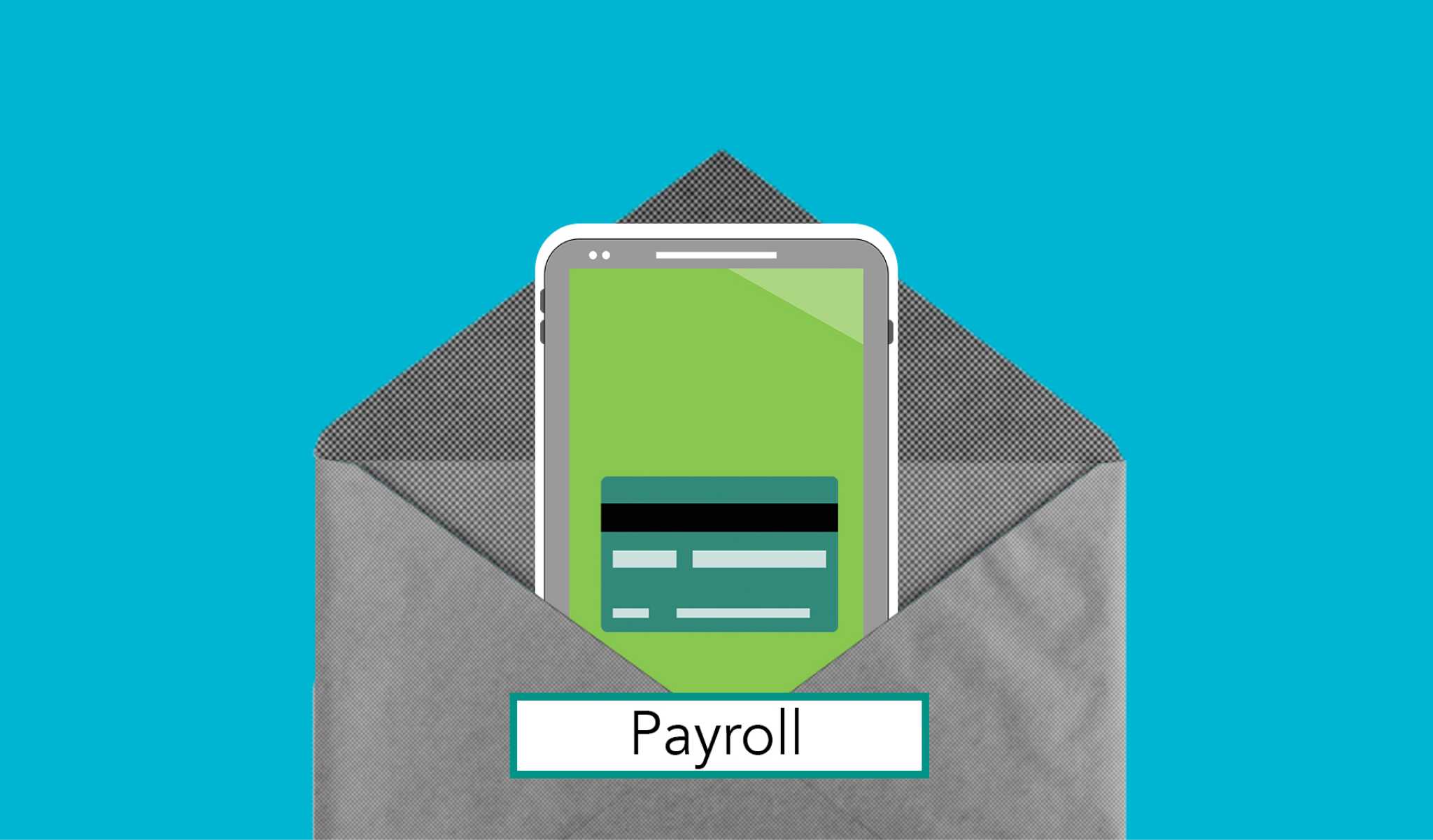
Overpayment to employees is just as common as underpayment. While overpayment itself is not unlawful, rectifying overpayments by clawing back this amount can be a tricky process and if not done correctly, can be unlawful.
Overpayments are usually the result of payroll errors where amounts have been incorrectly keyed in or a recurring payment (‘set and forget’ function) continues past the intended period or simply because the employer mistakenly believes that the employee is entitled to an overpaid amount.
The longer it takes for employers to spot an overpayment, the more complex it will be to try and recoup these amounts.
How should employers rectify overpayment?
Prior to employers’ clawing back these sums, employers must do a proper audit to identify all overpayments and determine exactly when each of the overpayments occurred. This will be important as overpayments spanning across multiple pay periods (e.g financial years) can have different tax implications – employers will likely have to seek professional tax advice to determine the correct amount.
Once the employer has determined the correct amount to recoup, employers should be upfront about the mistake as early as possible, explain the overpayment scenario, apologise for any inconvenience and then discuss with the employee ways to rectify the overpayment.
There are mainly two options to rectify overpayments:
deduction from the employee’s pay slip; or
repayment.
Deciding which option to use should ultimately depend on which arrangement the employee is comfortable with (including whether deduction, in the circumstances, is permitted – see Deduction below). Some employees may prefer a deduction to their existing pay slips while others would prefer a lump sum repayment to immediately resolve the issue.
Taking money back can be difficult for employees especially when the overpayment sum is big and/or the employee has already spent it. We recommend that employers treat the affected employees with respect and flexibility and give them control over how the overpayment will be rectified. After all, the overpayment is not caused by the employee’s doing and the goal should be to avoid any hardship for the employee
Whichever the arrangement, employers must ensure that this is recorded in writing which includes the reasons for overpayment, the amount overpaid and the details of the deduction/ repayment.
Deduction
Deduction will only be permitted where the employer is authorised to do this:
in writing by the employee and is principally for their benefit; or
in accordance with an enterprise agreement or modern award; or
by a law, court order or by the Fair Work Commission.
It will also not be permitted in circumstances where the deduction benefits the employer (directly or indirectly) and is unreasonable in the circumstances or where the employee is under 18 years of age and their parent or guardian hasn’t agreed to a deduction in writing.
To put it simply, deduction should only be done if the employee agrees to this and the deduction is principally for their benefit. Under some awards, employers are allowed to deduct their employees’ pay without their agreement. Even if this is the case, we recommend that employers still involve their employees in the process by consulting and seeking their consensus to make a deduction.
If deduction is agreed, employers should allow the employee the flexibility to dictate how the deduction will occur, that is, which pay period to be deducted from, how much is to be deducted and how often the deductions will be.
Repayment
An alternative to deduction is to discuss with the employee a repayment arrangement.
As mentioned above, employers must be flexible with their methods for repayment because overpayments can be difficult to amend and we do not want the employee to suffer hardship. This means that if the employee is unable to come up with a one-off repayment, the employer should propose an ongoing repayment arrangement (instalment). It is also likely then that the employee will agree to a repayment.
If an agreement cannot be reached and/ or the employee refuses to make repayments, employers may be able to institute legal proceedings to recover such sums.
How to prevent overpayment
Employers can generally prevent an overpayment issue by:
conducting regular pay audits including utilising third-party auditors (e.g quarterly internal audits and annual external audits);
training and retraining payroll staff – there may be changes and updates to payroll software;
considering automating certain payroll/ human resource processes to free up manpower and minimise human error;
establishing an Overpayment of Wages policy – this will outline the process to be undertaken in the event of an overpayment; and
considering inserting a ‘deduction’ clause into employment contracts and seeking legal advice for enforcement.
Edge Legal
Relationships. Respect. Results
Sign up for our 'Tips & Trends' Articles
You will get short, relevant articles on topical areas with actionable steps and real commentary
We care about the protection of your data. Read our Privacy Policy.